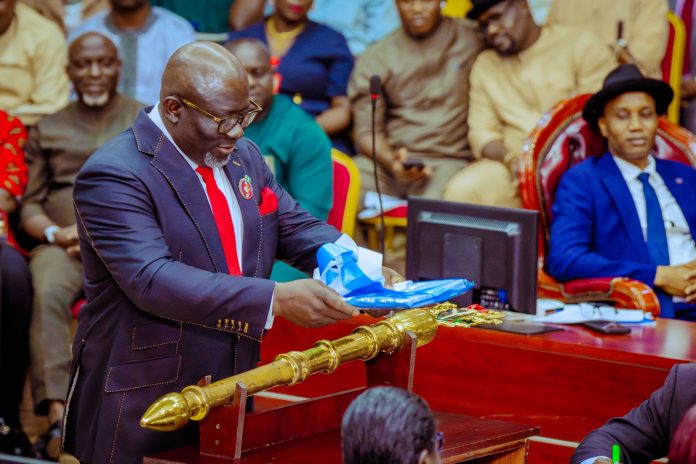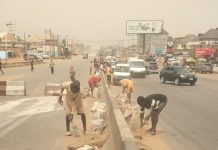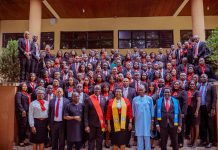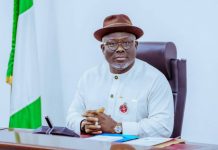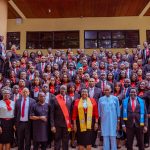By Fred Edoreh
One very outstanding thing about the Delta State 2025 budget as proposed by Governor Sheriff Oborevwori is its focus on capital over recurrent expenditure.
For a long time in the national budget and across the states, provisions for capital expenditure have been low or marginally above recurrent expenditure, but of the N936,078, 818,719 Delta State 2025 budget, N348,717,758,635, being 37.25 percent, was provided for recurrent expenditure while N587,361,060,084, being 62.75 percent, was provided for capital expenditure, a difference of about 25 percent and almost two-third of the total budget.
The ratio is not merely about figures, it speaks to the thinking, objective, intended impact and direction of the administration.
To more clearly understand the direction, the approved budget for 2024 was about N725 billion, out of which N316,624,462,711 was provided for recurrent expenditure and N408,354,851,156 for capital expenditure. This means that the difference of about N211 billion in the N936 billion 2025 budget is fully completely devoted to capital expenditure, indicating that the government has effectively determined, streamlined and pegged its recurrent expenditure, with the slight increase of N32 billion from N316 billion in 2024 to N348 billion for 2025 being, perhaps, only to accommodate the extra financial requirements of the minimum wage increase.
Those who understand socio-economic engineering would readily appreciate that with the premium on capital expenditure, the government has prioritized production above consumption, with the intention of deepening development and expanding growth by unleashing the potentials of critical sectors to better position the state in the present and drive steady economic progress for its future.
As Governor Oborevwori put during the presentation to the House of Assembly, the budget focuses on continued provision of physical infrastructure, human capital development, jobs and employment generation, wealth creation and poverty alleviation by strengthening social protection interventions and safety nets, expanding basic rural infrastructure and ensuring food security through improving agriculture and its value chain, and catalyzing Medium, Small and Micro Enterprises.
He clearly articulated the critical sectors as health, education, agriculture, water resources, environment, housing, women and youth empowerment and continued expansion and upgrade of road infrastructure, the latter of which has a provision of N230 billion.
As economists and experts in development have consistently pointed out, prioritizing capital expenditure over recurrent expenditure is important because it helps to generate economic growth through the improvement of infrastructure to support businesses, the participation of the labour force, income generation and distribution, and capital formation, all of which combine to give the economy a competitive edge across the board and to impact on Gross Domestic Product.
The interesting thing about the whole process is that it has to be deliberate, with a sense of vision, purpose, ambition and drive, stemming from a sincere love and concern for the good of the people. This is what Sheriff has done in the 2025 budget proposal.
(Fred Edoreh is Senior Special Assistant on Media to His Excellency, Gov Sheriff Oborevwori, Governor of Delta State)

